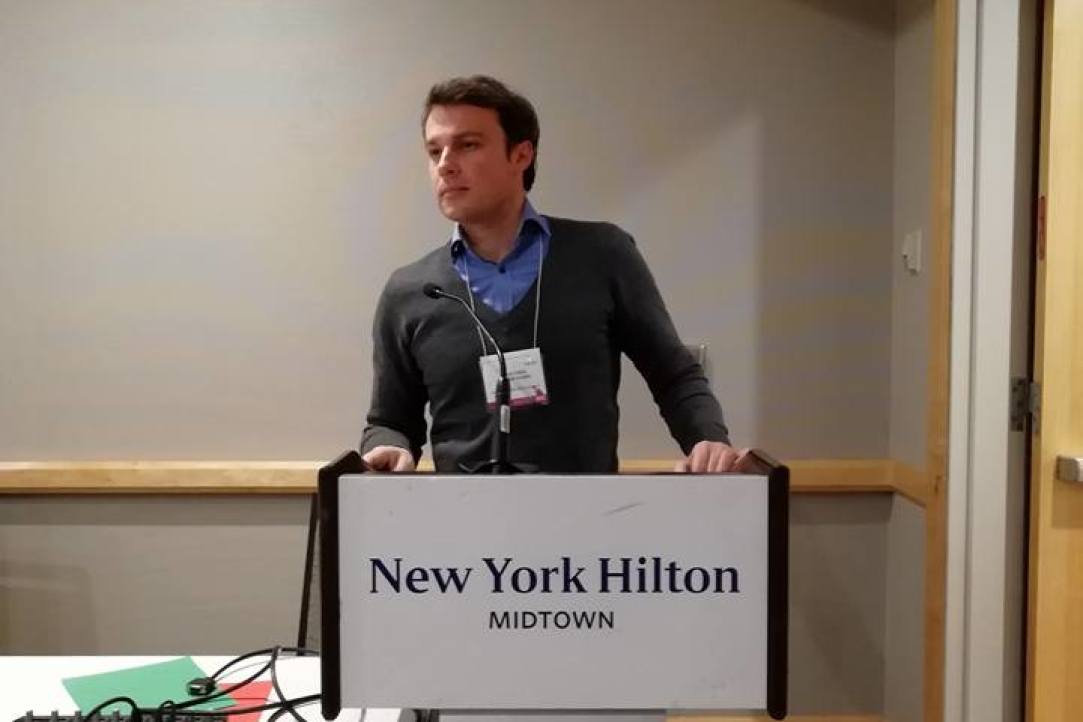Д.Ю. Зубалов выступил на международной конференции Modern Language Association
Д.Ю. Зубалов, доцент Школы филологии НИУ ВШЭ, академический руководитель программы "Языковая политика в условиях этнокультурного разнообразия" выступил с докладом "Language maintenance vs language policy: The case of a Russian school with a Georgian ethno-cultural component in Moscow" на международной конференции MLA в Нью-Йорке.

Moscow has witnessed an increased influx of migrants in the recent decades. The intensified movement of population was primarily dictated by the rapid socio-economic and political changes in the post-Soviet era after 1991. As a multi-ethnic and multicultural metropolis, Moscow presents an interesting case for investigating the impact of (g)local migration on language change at individual and community level.
In the present study, I investigate the strategies adopted by the school to maintain the Georgian language, culture and identity of the predominantly Georgian students. The school, located in the central part of Moscow, is the only educational institution in Russia that receives the newly arrived immigrant students from Georgia who frequently either do not speak the Russian language or have a (very) low proficiency in it. I analyse the school’s language policy and its language socialization attempts in order for these students to be able to follow the Russian curriculum on the one hand and maintain the linguistic/cultural Georgian traditions for the so-called ‘Russified’ students of Georgian ethnic background on the other.
The preliminary results indicate that Georgian students, have positive feelings about Georgia and the Georgian language. Although the Georgian identity is based on a strong foundation and being institutionally supported, it is more prone to acquire a fluid form if we look at it through the prism of the school’s policy. More specifically, the factors that influence identity shift and how this can potentially affect language behaviour in-/out of classroom will be analyzed.
In the present study, observations, quantitative (74 questionnaires filled out by students of 6th-11th grades) and qualitative (three group interviews with students, four individual interviews with teachers, two with administrative staff, and one group interview with two teachers) methods of data collection are used. Observations mainly took place in Russian and Georgian language classes during the 2015-2016 academic year. I likewise attended Russian and Georgian celebrations organized by the school.
Вся информация о конференции здесь.

